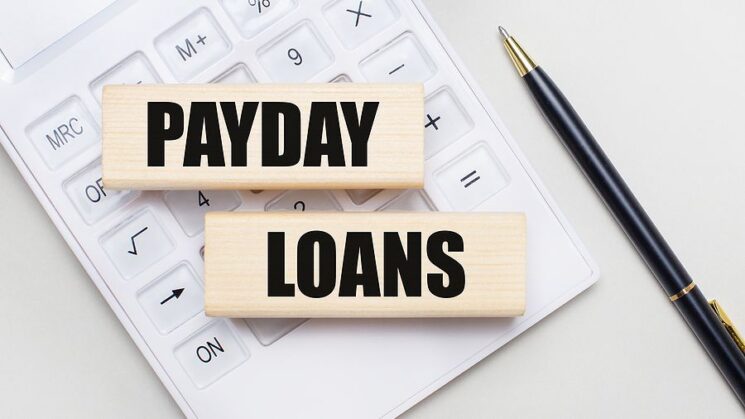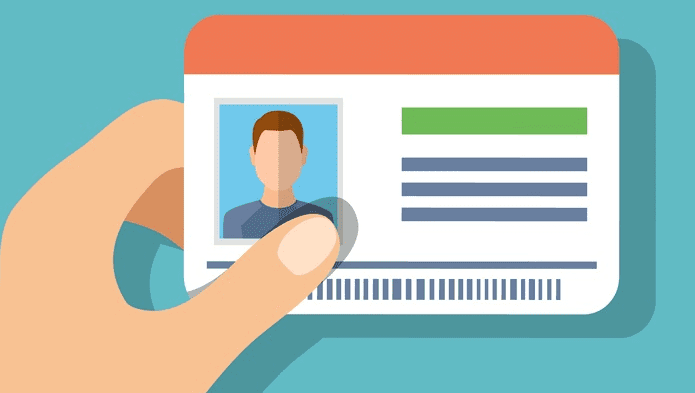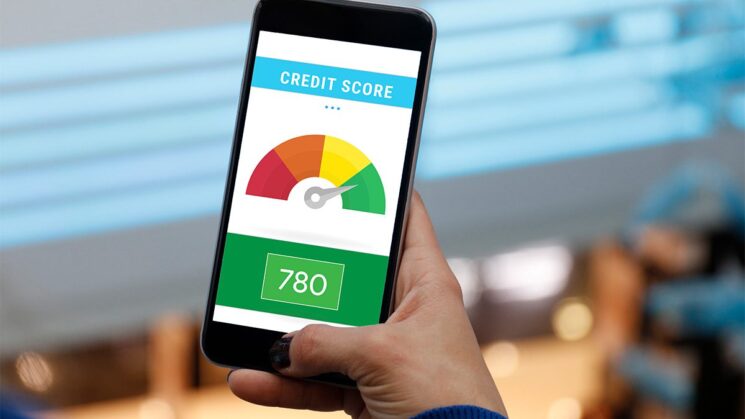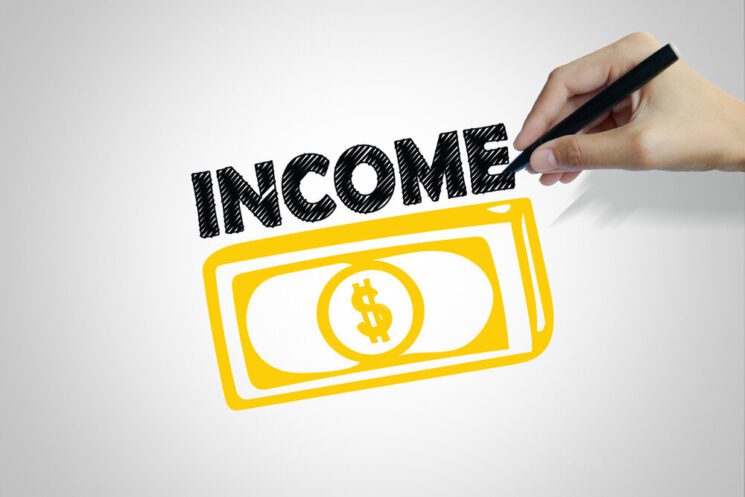As the number of college graduates and degree holders surged, so did the number of job applications. It results in intense competition for jobs, especially entry-level positions.
About 53% of college graduates are either unemployed or working jobs that don’t require a bachelor’s degree. On average, fresh college grads have to look for work for three to six months.
When looking for work, one must put in a lot of hard work, but money is also a factor. Unfortunately, when you’ve just started working, you won’t have much money, and you’ll be waiting for your first paycheck to get by.
The good news is that you may qualify for different loans as a first-time employee. Let’s look into the different loan options for you.
In This Post
1. Personal Loans

With a personal loan, the borrower receives a hefty sum upfront and then repays that money over time, typically through monthly payments.
When you avail of a personal loan, you must pay back the principal plus interest and other costs. Banks, credit unions, and even online lending companies like CreditNinja.com offer personal loans.
A personal loan allows you to borrow more money and split your repayments over a longer period. Repayment terms might be as short as one year or as long as seven years for approved borrowers, although the exact length of time will vary from lender to lender.
2. Credit Cards

Getting a personal loan after starting a new job can be challenging. To qualify for a loan, some financial institutions need you to have worked at your current position for a minimum of three months. That’s so they can monitor your financial status and ensure you are getting a steady income.
If you match the requirements, getting a credit card may be simpler than getting a personal loan. Remember that even if they already have your current employment information, they may want to know where you’ve worked before.
A credit card might be easier to get, but its interest rate is probably much greater than a secured personal loan. Some credit cards have interest rates of 18% per annum.
On the other hand, you won’t have to worry about interest if you pay off your debt before the interest-free period ends. Still, if you don’t, your payments might quickly add up to a significant sum.
3. Payday Loans

Short-term loans, known as “payday loans,” are offered to people who receive a regular paycheck. Payday advances can also be referred to as cash advances or check advances.
You can use it toward anything you need, be it a medical bill, a vacation, or anything else. However, payday loans have extremely high-interest rates because they are intended to provide urgent financing for short amounts of time.
Lenders who offer payday loans are smaller credit merchants with physical locations where loans can be applied for and approved instantly. In some cases, you may be able to find payday loan services through an online lender.
4. Car Loans

You may need a car for work and consider getting one. When you get an auto loan, the vehicle you buy serves as collateral. The lender has the right to repossess it if payments aren’t on time.
In most cases, you can get an auto loan from many financial institutions, including credit unions, banks, online lenders, and even car dealerships.
You can get help finding the best loan terms and rates from partner lenders at some vehicle dealerships that have a financing department.
5. Employee Loans

Some businesses offer loans to their employees. These loans are often accompanied by an interest rate and a payment schedule, just like any other type of loan. However, interest rates on employee loans are usually only a nominal fee to cover the program’s expenses and the employer’s potential tax liabilities.
Typically, the repayments get deducted from their income according to the schedule.
How To Qualify For These Loans?
There are a series of steps that need to be taken to apply for a personal loan. Before looking for loan providers or estimating how much you want to borrow, consider the following factors:
General Requirements
When applying for a loan, you may be asked for various documents depending on the lender. As a rule of thumb, there are three things you’ll need to have when applying for a loan:
Proof of Identity

You can submit a driver’s license, passport, or state ID card with verifiable details.
Proof of Income
You might have to show proof of income such as a W-2 or 1099 form, tax records, bank statements, or the name and number of your employer. The lending company could also inquire about your business bank accounts, 1099s, or tax returns.
Proof of Address
You may use a bill for your utilities or your rental agreement as acceptable documents. If you do not have one of these, you may be able to submit a mortgage statement, voter registration card, property tax receipt, or statement from your bank or credit card.
Additional Note: Your loan servicer may require you to list your co-signer’s name and contact information on the loan and the loan’s intended use.
Credit Score

You should check your credit ratings and examine your credit reports before applying for a loan, among other things.
Individuals with credit scores between 610 and 640 are good candidates for personal loans. However, if your credit score is 690 or above, you have a far better chance of qualifying for a loan with a low-interest rate. Today, a personal loan applicant needs an average credit score of 741 to get approved.
Payment History
Creditworthiness is determined mainly by a person’s payment history. Looking at your payment history, lenders can see how you handled your past financial obligations. It includes whether or not you made payments on time or if you ever fell behind. Lenders will view you as more of a risk if, for instance, you have a history of delayed payments.
Income

Lenders will be more likely to give you their stamp of approval and write you a check if they know you have a reliable source of income to put toward your payments. Pay stubs for the last three months are the typical proof of income required.
Lenders use this evidence to ensure the borrower can afford to repay a loan.
Debt-to-Income Ratio
Your debt-to-income ratio is a key metric used by lending organizations in determining your creditworthiness and stable source of funds to repay the loan. Lenders will be more willing to extend loans if they are confident you can repay them, as manifested in your debt-to-income ratio.
Final Thoughts
Finding stable employment as a fresh college graduate can be hard. You can experience rejection, lowball offers, and financial struggles as you search for work. When you get the job you want but still find it hard to make ends meet, at least you are now familiar with the loan options for you and the considerations to qualify for one.